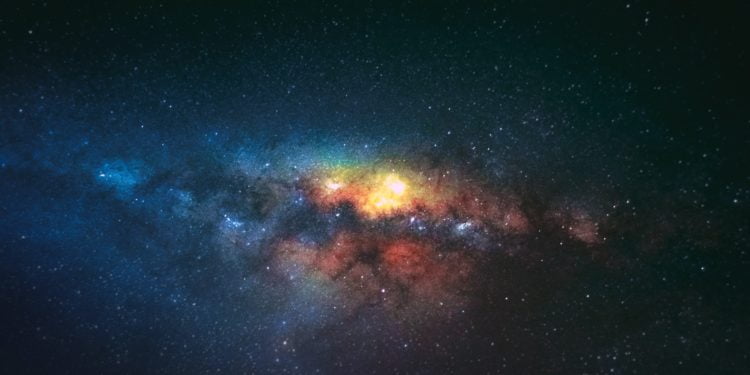Astronomy and Islamic beliefs have been intertwined for centuries, shaping our understanding of the universe and our place within it. From ancient astronomical observations to modern-day space exploration, Muslims have had a rich history in exploring the cosmos. But how do Islamic beliefs on destiny and fate intersect with astronomy? In this blog post, we will delve into this fascinating intersection and discover how these two fields complement each other in unveiling the mysteries of the universe. Join us as we explore the wonders of astronomy through an Islamic lens!
A Brief History of Astronomy in the Islamic World
The Islamic world has a rich history of astronomy that dates back to the 8th century. During this time, scholars in the Islamic world were heavily invested in studying astronomy and using it to further their understanding of the universe. One of the most notable figures during this time was Al-Khwarizmi, who wrote extensively on astronomical observations and calculations.
Astronomy played an important role in religion within the Islamic world as well. Muslims used astronomical observations to determine when important religious events such as Ramadan would occur. Additionally, many mosques feature intricate designs and patterns that are based on astronomical principles.
The study of astronomy also led to advancements in other areas, such as mathematics and navigation. Muslim astronomers made significant contributions to trigonometry and algebra, which have since become fundamental concepts in modern mathematics.
During medieval times, Islamic scholars translated ancient Greek texts into Arabic for further study. This led to significant advances in astronomy knowledge throughout Europe during the Renaissance period.
Today, there is still a strong tradition of astronomy within Islamic culture. Many observatories can be found throughout the Middle East and North Africa region where both professional astronomers and amateur enthusiasts gather together to observe celestial phenomena like meteor showers or eclipses.
The Intersection of Astronomy and Islamic Beliefs on Destiny and Fate
Astronomy has played a significant role in shaping Islamic beliefs on destiny and fate. Muslims have always been fascinated by the vastness of the universe, which they believe is a testament to Allah’s creativity and power. Muslims also believe that everything in the universe happens according to Allah’s will, including their destiny.
Islamic scholars have used astronomy as a tool to understand the concept of predestination better. They believe that studying celestial bodies can help humans comprehend how Allah controls everything in the cosmos. Astronomy has also helped them determine prayer times accurately based on moon sightings.

One example of how astronomy intersects with Islamic beliefs is during Ramadan, where Muslims fast from dawn until sunset every day for one month. The start and end dates of Ramadan are determined by observing crescent moons in specific locations around the world.
Astrology is often confused with astronomy; however, Islam prohibits astrology since it promotes superstition and undermines trust in Allah’s plan for our lives. Instead, Muslim scholars emphasize understanding natural phenomena through scientific inquiry as an essential aspect of worshiping God.
Science plays an important role in Islamic culture and tradition – specifically when it comes to exploring astronomy’s intersectional relationship with religion concerning matters like destiny and fate. Understanding this subject matter contributes significantly to one’s appreciation for both disciplines’ complexities while emphasizing how each complements or contradicts aspects crucial to their respective fields’ advancement over time!
Summary
The intersection of astronomy and Islamic beliefs on destiny and fate is a fascinating topic that has been explored for centuries. From ancient astronomers such as Al-Khwarizmi to modern-day scholars like Nidhal Guessoum, there has been a long tradition of studying the heavens in Islam.
Today, advancements in technology have allowed us to further our understanding of astronomy and its relationship with Islamic beliefs on destiny and fate. As we continue to explore these topics, it is clear that there will always be more questions than answers – but this is what makes them so interesting!
In short, by exploring the intersection between astronomy and Islamic beliefs on destiny and fate, we can gain an even deeper appreciation for both science and spirituality.













